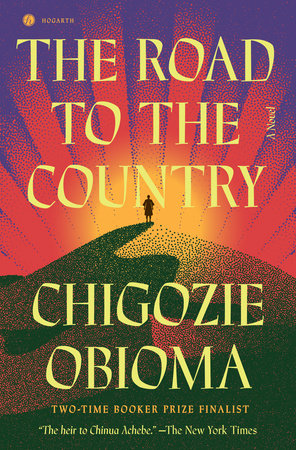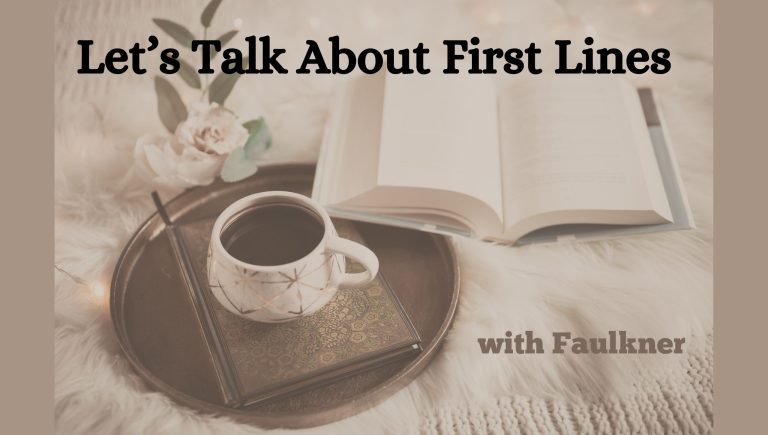TRIGGER WARNING: Graphic Violence
The Road to the Country by Chigozie Obioma is a brutal and honest look at war and genocide. Kunle, the novel’s protagonist, is defined by the guilt he feels over a childhood accident that left his younger brother paralyzed. Isolated and buried in his studies to become a lawyer, Kunle doesn’t notice that war has broken out until his parents call him home and beg him to search for his brother in the new country, Biafra. When the Biafran army captures him, he confesses to being Igbo on his mother’s side, and the commander saves him from execution by conscription to the army. Desperate to save his brother and forced to serve in a war he barely understands, Kunle learns to appreciate his war comrades, has an unlikely romance, and finds a path toward forgiveness.
Interspersed chapters throughout the novel are told from the perspective of a seer viewing Kunle’s life before his birth. In these chapters, the reader is offered an escape and the ability to blame the brutality on fate instead of people.
Obioma doesn’t soften or look away from the worst parts of the war. The Road to the Country is only for readers willing and able to face the shocking violence and brutality that Obioma shows on the page. A powerful and unrelenting author, this novel masterfully addresses one of the darkest periods in human history. It serves as a reminder that genocides have existed throughout history and continue in the present day.
Thank you to Random House Publishing for providing this book for review consideration via NetGalley. All opinions are my own.
For writers looking to learn from this novel, Obioma is a masterclass in writing the unspeakable, tragic, and violent with integrity. He guides the reader through the painful experience by looking at the broad and general before zooming in on a specific detail—an image that can represent and hold the meaning and violence for the reader.
“First, he glimpses only a mirage, then – as if torn from some other specter – he sees the digits of a man’s hands framed in the yellow flame.”
“Scattered all over the bush are decaying bodies of soldiers, stripped naked or in rotting camouflage, flowers springing from the bodies and mushrooms fruiting between the bones.”
“The blacktop is strewn with metal scraps from Genocide, shrapnel, bodies, spent cartridges, and dirt.”
“He walks with his eyes up, for he’s come to find that he must avoid looking at the faces of the dead. If he sees only their bodies, they remain just corpses and rotting flesh, but if he looks in their faces, they become people – dead people.”
- Harlem Rhapsody by Victoria Christopher Murray - December 4, 2025
- “The Song of the Blue Bottle Tree” by India Hayford - May 15, 2025
- “Soft Burial” by Fang Fang - April 24, 2025
Sign up to our newsletter to receive new articles and events.




